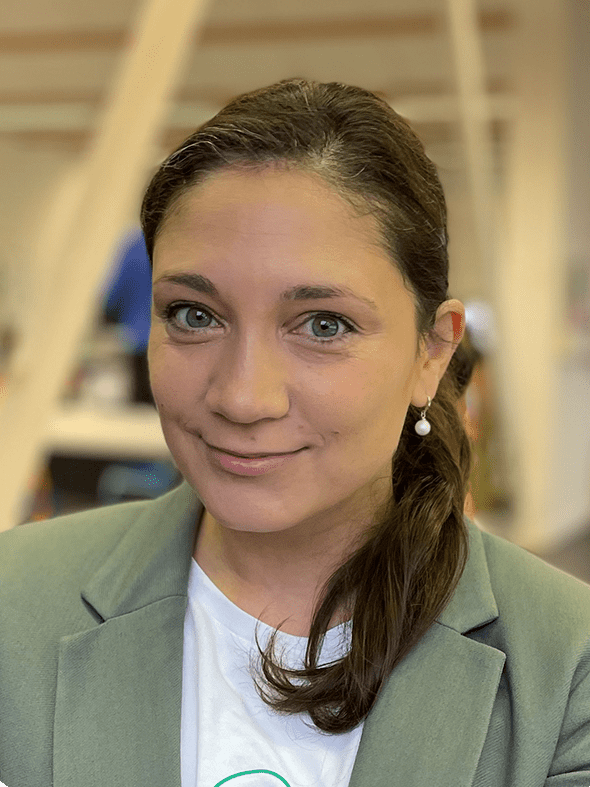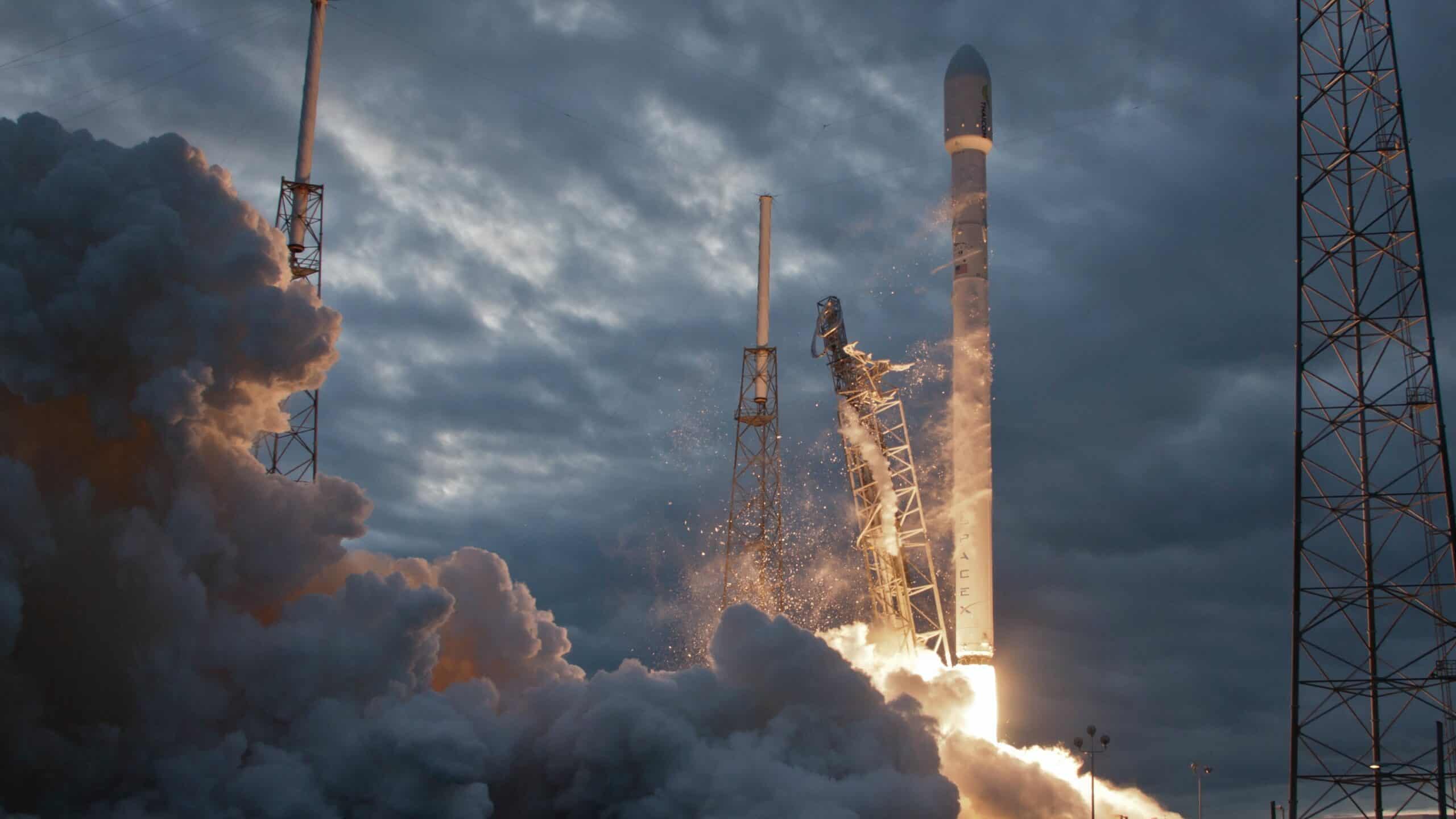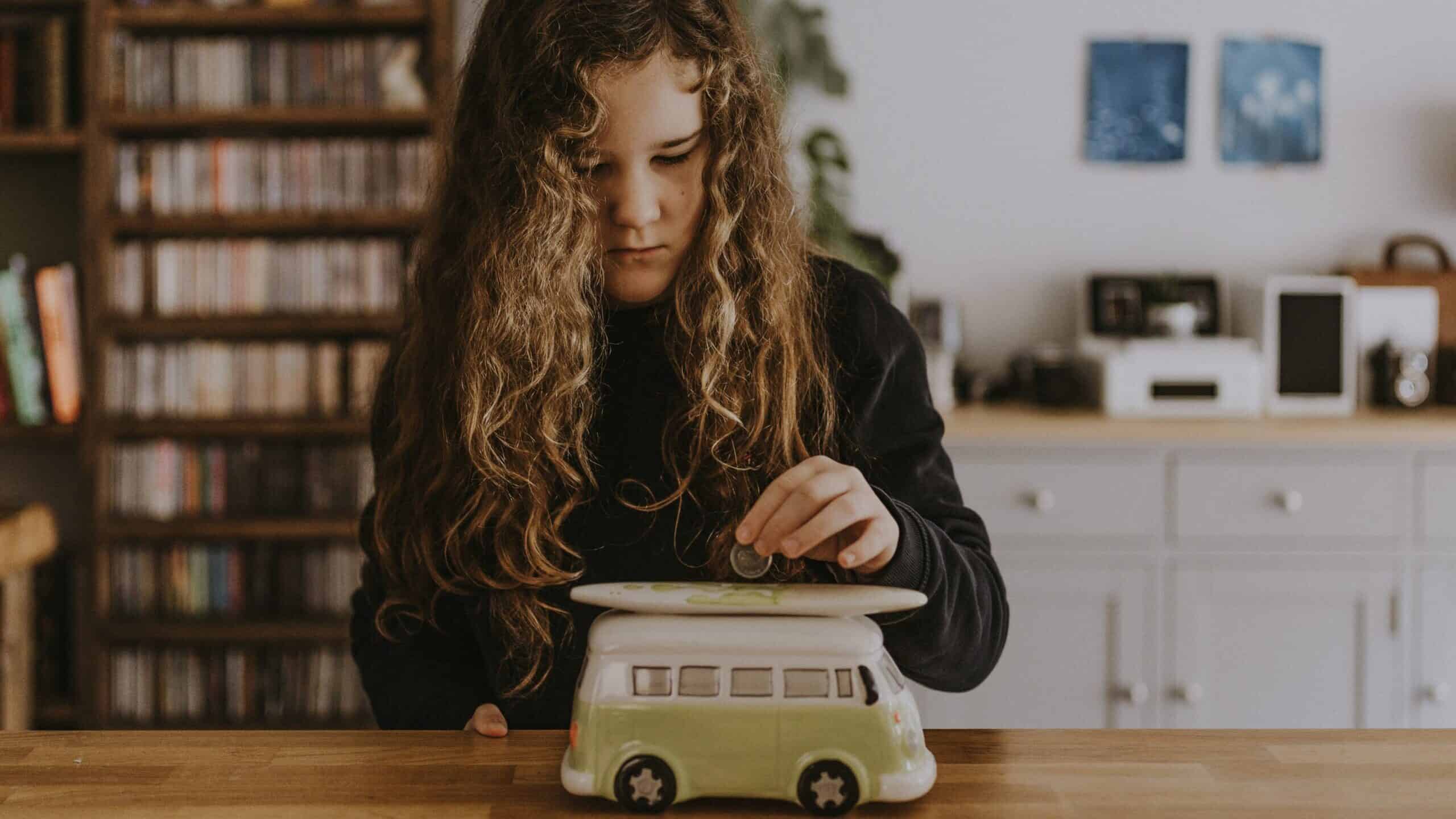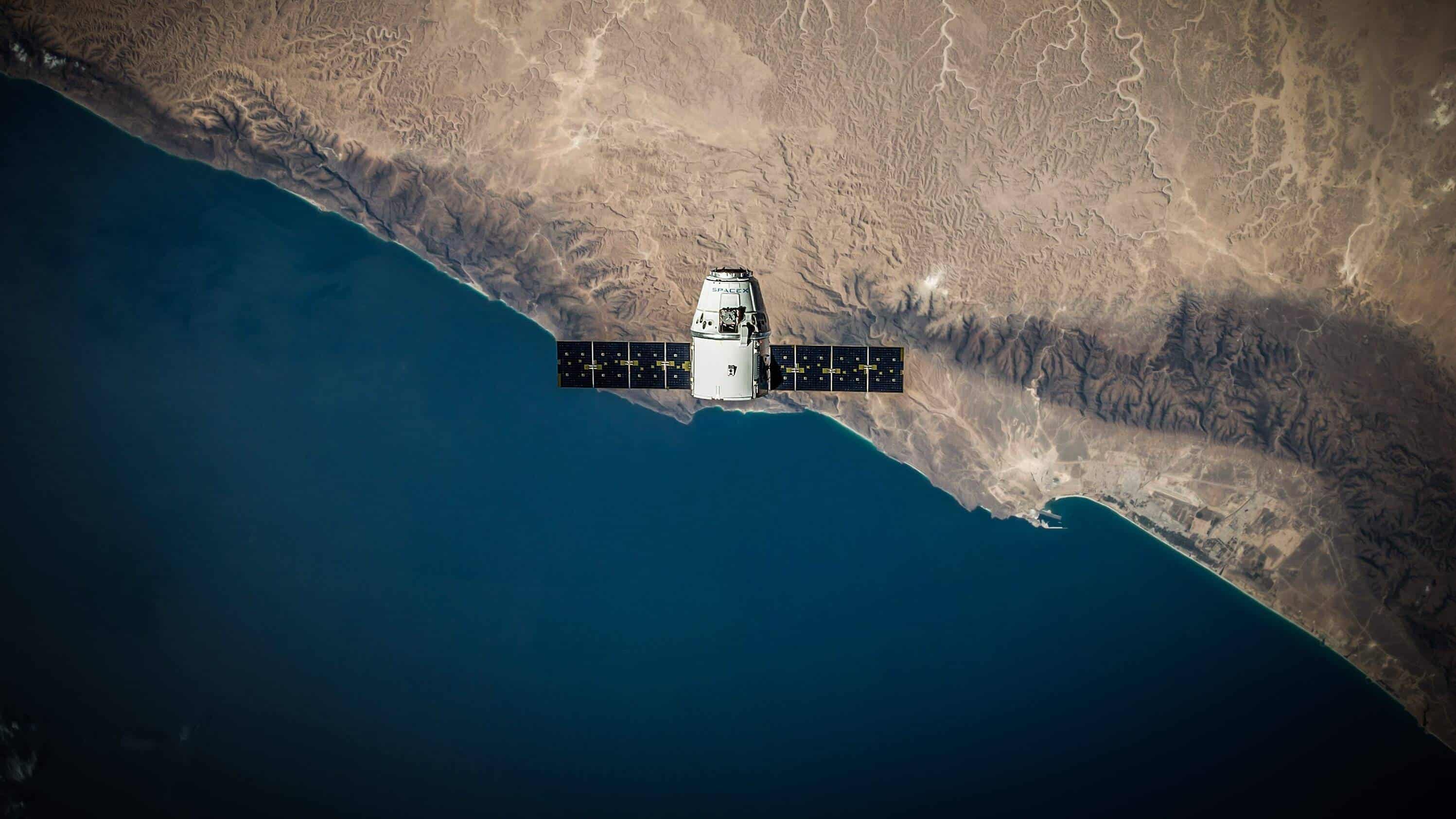Daniela Bezdan is an expert in space biology and well-connected to space agencies NASA and ESA. She has monitored astronauts’ health and trained them. In our interview, she explains how startup yuri helps making research in space more accessible.

Chief Scientific Officer, yuri
Daniela Bezdan has joined yuri as CSO in 2022 to establish biotech engineering and precision medicine in space under microgravity. Previously, she co-founded pathogen sensing startup Poppy and space research company Analogs, co-chaired the NASA GeneLab Microbiome Analysis Working Group, and was a member of the ESA space omics topical team.
Why do we need to do research in space, have we exhausted all the possibilities on Earth?
There are many things we simply cannot do on Earth. Some processes are fundamentally different in a microgravity environment. Think about, for example, growing cells in a petri dish. This is basic groundwork in drug research. On Earth, the growth of cells in the dish is affected by several forces, the pressure of the dish, and the pressure of the liquid itself. In microgravity, you don’t have these forces. Cells grow in every direction. Some people call this environment containerless which is a nice way to put it. Another aspect of research in space is that there is no vibration. This allows protein crystals to grow large, without imperfections, which has significant benefits for drug discovery. Microgravity also affects the exchange of gases and liquids in cells, which can be illustrated by the simple act of breathing you’re doing right now. As you breathe out, the carbon dioxide you exhale flows towards the ground, as it is heavier than air. In space, it sticks to the face of astronauts, which is why they always have to be in ventilated spaces. In short, space and microgravity research provide us with insights that cannot be gained in another way.
Still, there are skeptics that point out that the funds spent on flying to space could be put to better use on Earth, that it’s not like we’re lacking enough problems on the ground already.
I’d say that the utility of space, not just for research but also for manufacturing purposes, is generally accepted among scientists. For a wider audience, I’d suggest they read “The Next 500 Years: Engineering Life to Reach New Worlds” by Christopher E. Mason with whom I worked while he wrote the book. Humans are the only species on Earth that knows that life on Earth will come to an end. Space exploration, he argues, is a moral duty, and we need a long-term plan to prepare for life on other worlds. Exploring the frontiers of our knowledge is not a waste of money, but an inherent urge of humanity in my opinion. And the good thing is that the costs associated with experiments in space are declining drastically.
One aspect of this is that the cost of sending 1kg of material to space has declined from over USD 80’000 40 years ago to less than USD 1000 today. But you were talking about the cost of experiments themselves. How does startup Yuri help its clients reduce this cost?
Yuri’s team has developed a reusable science shell based on more than two decades of experience in space engineering. This modular system can be used for various experiments by adding or removing parts according to the goal of the experiment. But it’s not just hardware that we provide, we offer an end-to-end service. Our clients don’t need to bother with the extensive regulatory aspect. We have the experience of sending experiments to space and the regulatory bodies know us. Instead of a planning period of 2-3 years, our clients need only about 6 months to prepare a mission.
I imagine that still, only the most well-financed research groups can afford such experiments?
You can think about this like the evolution of gene sequencing cost that has decreased exponentially in the past. At first, only a few select genomes were analyzed completely, but over time, this number has increased dramatically. By making the planning of science in space easier, and also more independent of astronauts, such experiments will become accessible for every researcher eventually. And we’re not only talking of universities here, but also researchers working for companies. Eli Lilly and Company, Sanofi Pasteur, AstraZeneca and Colgate-Palmolive are conducting investigations on the ISS. Yuri is actively looking for scientific collaboration partnerships with pharma companies.
If that democratization of space research happens as you describe it, it’s going to be very crowded on the International Space Station.
We can also simulate microgravity to a certain extent with so-called random positioning machines. They rotate cell samples across all three axises. Yuri has taken over this business from Airbus, which is a great reference for us, and there is a lot of scientific literature published already on that topic. Then there are parabolic flights that recreate microgravity during a short period of time, and rockets that take satellites to low earth orbit. We’re working on a “science taxi” middeck-locker size incubator that consist of a device regrouping several experiments to be fitted on the Dream Chaser spaceplane or any orbital and suborbital platform. This reusable vehicle lands like a shuttle, and this soft landing is not just more comfortable for astronauts, but also the experiments on boards.

Invest in Startups
As one of Europe’s most active venture capital investors, we grant qualified private investors access to top-tier European startups. With investments starting at EUR/CHF 10’000, you can build your own tailored portfolio over time and diversify across stages and sectors.
In August 2022, yuri will launch its first own experiment and aim to grow liver spheroids in space. What is the utility of this experiment?
I’m very excited about this because it is a prime example of the difference space biology can make. Instead of the one or two layers of cells that can be grown on earth, we will be able to grow a three-dimensional liver cell culture. This allows us, for example, to monitor the transport of nutrients to the cell center. There is a lot of commercial interest for the data we will be able to measure. We will not only gain experience in growing cells, but also on different enabling technologies such as fixation methods, for example, or how to bring the cell culture safely back to Earth. These are all small steps, of course, but the ultimate goal is to improve our health system and thus make life better on Earth.
As CSO, your job is to define yuri’s own research strategy. What will come after this first experiment?
Other experiments will follow the goal of accelerating the drug discovery process, for example. And we’ll gain new insights on the effects space has on life. Microgravity and radiation in space are strong triggers for adaptation, for example bone loss and muscle mass decrease. This is similar to aging, albeit much faster. Space is a dangerous place. But it also has effects on people that are more hilarious than serious. The thick skin on the sole of astronauts’ feet tends to disappear, as they don’t walk, but since they need to clamp themselves into a position with their feet to work, they develop thick skin on top of their feet.
A random question perhaps, but when I looked at pictures of astronauts doing experiments in space I wondered how pipetting of liquids works in space and why that doesn’t result in a complete mess.
(Laughs.) Once you’ve pipetted a liquid into a container, it is held there by capillary forces. It is true though that some instruments have been adapted to space. But be cautious: Kate Rubins, the first Flight Engineer to sequence DNA in space, has said that the kickback from pipetting is enough to make you float backwards if you don’t tuck your feet under the workbench.
Back to a serious question with large commercial implications: how can you patent the inventions made in space, and could inventions made on Earth maybe even be patented by adding a space twist to them?
With the shift from governmental to private and commercial activities in space, these questions have increased in importance. Space does not belong to any country. On the ISS, the national laws of the different countries that provide the modules co-exist. Building our own patent portfolio is important for yuri, and we are exploring the possibilities of repurposing patents for space as well. There is a big land grab going on at the moment in this regard. If you look at the amounts of funding flowing into space biology and the number of missions that are planned, it certainly feels like a new gold rush is happening in space.
Written by
WITH US, YOU CANCO-INVEST IN DEEP TECH STARTUPS

Verve's investor network
With annual investments of EUR 60-70 mio, we belong to the top 10% most active startup investors in Europe. We therefore get you into competitive financing rounds alongside other world-class venture capital funds.
We empower you to build your individual portfolio.
More News
03.09.2021
Reasons to invest in space companies
The launch of the first European thematic equity fund dedicated to new space companies is a testimony to the growing investor appetite for this topic. Verve Ventures has nurtured one, Astrocast, since 2017. In this interview, fund manager Rolando Grandi explains what characterizes the new space industry, why it is growing fast, and what its prospects are.
11.01.2021
Building a diversified startup portfolio: why and how
Venture capital is a risky asset class because unlike in other asset classes, the major part of the expected returns come from a handful of investments. But there is a way to mitigate this hit-or-miss problem: Instead of trying to foresee the future and bet big on winners, investors should build a broad portfolio of investments.
11.11.2019
The Race for a Place in Space
Is there a place in space for Swiss startups? Yes, says José Achache, former director of Earth Observation at the European Space Agency (ESA). José wants Switzerland to be seen as a space nation. In this interview, he explains how. He works closely with Nanja Strecker, who runs the ESA Business Incubation Center in Switzerland. We asked her about the benefits of the incubator for startups.
Startups,Innovation andVenture Capital
Sign up to receive our weekly newsletter and learn about investing in technologies that are changing the world.




